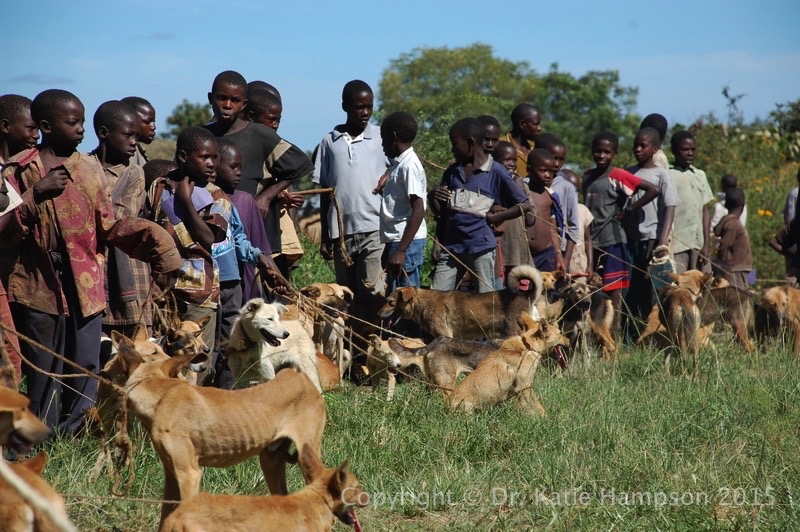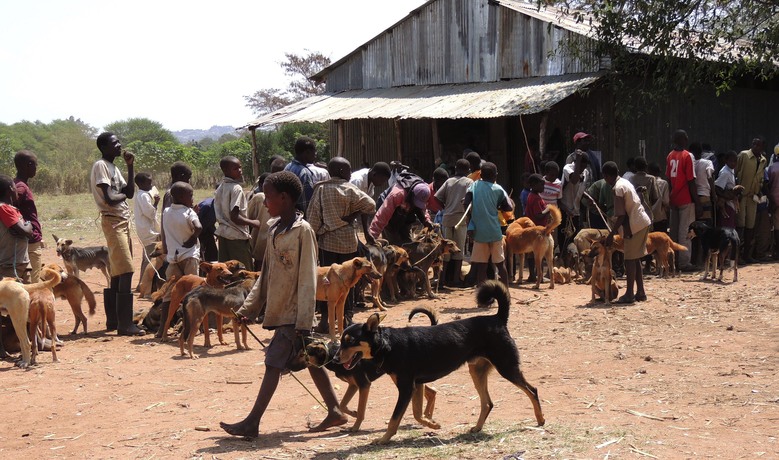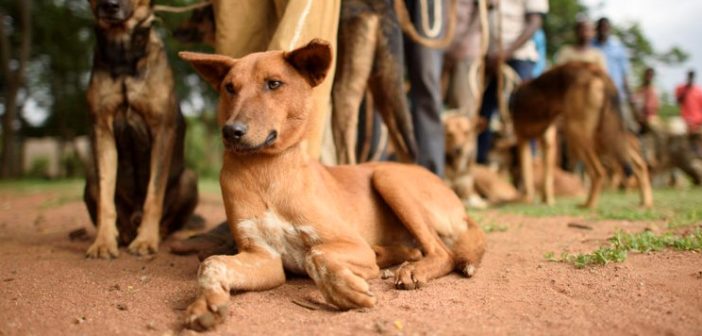Despite the difficulties due to COVID-19, International Organization for Animal Protection (OIPA) Kenya continues to work with devotion and has decided to launch a new program this year for helping strays and pets in the country.
The project is ambitious and aims to purchase a mobile van and all the surgical instruments necessary to carry out anti-rabies vaccinations and a spay/neuter assistance program (SNAP) all over the country.
In Kenya, it is estimated that up to 2.000 human deaths are caused each year by rabies, which has been ranked as one of the top five priority zoonotic diseases in the country.
OIPA Kenya is trying to eliminate as much as possible dog-transmitted human rabies through dogs’ vaccination. This neglected zoonotic disease especially affects communities with inadequate access to health services. Historically, most cases of human rabies transmitted by dogs have occurred in vulnerable populations under precarious living and working conditions.

Vaccinating at least 70% of the canine population can create herd immunity against rabies and effectively eliminate it from the canine population. This has a knock-on effect, improving the welfare of both dogs and people, and reducing at the same time the number of human deaths. Prevention and elimination of rabies in humans can only be achieved by eliminating the disease in dogs and other reservoirs.
OIPA Kenya is also planning to promote a spay and neuter assistance program to reduce the over-population of strays dogs and cats all over the country who, because of their numbers, are often euthanized by the Animal Control Authority.
Moreover, OIPA Kenya desires to educate and increase awareness and responsibility of pet owners in the local community, highlighting the role of animals as companions and the importance of spaying and neutering to reduce the over-population of strays caused by unwanted births and abandonment.

The project will start out in 15 of 47 counties, with hopes to soon spread it successfully all over the country, and will provide spay/neuter and walk-up preventive care services such as anti-rabies vaccines and parasite prevention via a mobile clinic.
The purpose of the mobile clinics is to reach remote and under-served areas where low-income neighborhoods struggle with chronic pet overpopulation due to lack of affordable vets, spay/neuter programs and pet education.
Featured image: people wait with their dogs at an OIPA event. Image via OIPA Kenya.





